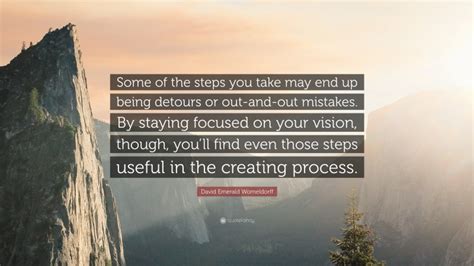A Quote by Edmund Burke
The power of perpetuating our property in our families is one of the most valuable and interesting circumstances belonging to it, and that which tends the most to the perpetuation of society itself.
Quote Topics
Related Quotes
The power of perpetuating our property in our families is one of the most valuable and interesting circumstances belonging to it, and that which tends most to the perpetuation of society itself. It makes our weakness subservient to our virtue; it grafts benevolence even upon avarice. The possession of family wealth and of the distinction which attends hereditary possessions (as most concerned in it,) are the natural securities for this transmission.
THE POWER OF THE GROUP We all want to feel a sense of belonging. This isn’t a character flaw. It’s fundamental to the human experience. Our finest achievements are possible when people come together to work for a common cause. School spirit, the rightful pride we feel in our community, our heritage, our religion, and our families, all come from the value we place on belonging to a group.
We have no paupers ... The great mass of our [United States] population is of laborers; our rich, who can live without labor, either manual or professional, being few, and of moderate wealth. Most of the laboring class possess property, cultivate their own lands, have families, and from the demand for their labor are enabled to exact from the rich and the competent such prices as enable them to be fed abundantly, clothed above mere decency, to labor moderately and raise their families. ... Can any condition of society be more desirable than this?
We throw our parties; we abandon our families to live alone in Canada; we struggle to write books that do not change the world, despite our gifts and our unstinting efforts, our most extravagant hopes. We live our lives, do whatever we do, and then we sleep--it's as simple and ordinary as that. A few jump out of windows or drown themselves or take pills; more die by accident; and most of us, the vast majority, are slowly devoured by some disease or, if we're very fortunate, by time itself.
Why shouldn't I be interested in politics? That is to say, what blindness, what deafness, what density of ideology would have to weigh me down to prevent me from being interested in what is probably the most crucial subject to our existence, that is to say the society in which we live, the economic relations within which it functions, and the system of power which defines the regular forms and the regular permissions and prohibitions of our conduct. The essence of our life consists, after all, of the political functioning of the society in which we find ourselves.
Human vanity is so constituted that it stiffens before difficulties. The more an object conceals itself from our eyes, the greater the effort we make to seize it, because it pricks our pride, it excites our curiosity and it appears interesting. In fighting for his God everyone, in fact, fights only for the interest of his own vanity, which, of all the passions produced bye the mal-organization of society, is the quickest to take offense, and the most capable of committing the greatest follies.
Our native susceptibilities and acquired tastes determine which of the many qualities in an object shall most impress us, and be most clearly recalled. One man remembers the combustible properties of a substance, which to another is memorable for its polarising property; to one man a stream is so much water-power, to another a rendezvous for lovers.
Owning our story can be hard but not nearly as difficult as spending our lives running from it. Embracing our vulnerabilities is risky but not nearly as dangerous as giving up on love and belonging and joy—the experiences that make us the most vulnerable. Only when we are brave enough to explore the darkness will we discover the infinite power of our light.
What is true is that the idea of power corrupts. Power corrupts most rapidly those who believe in it, and it is they who will want it most. Obviously, our democratic system tends to give power to those who hunger for it and gives every opportunity to those who don't want power to avoid getting it. Not a very satisfactory arrangement if power corrupts those who believe in it and want it.
When we don't pay close attention to the decisions made by our leaders, when we fail to educate ourselves about the major issues of the day, when we choose not to make our voices and opinions heard, that's when democracy breaks down. That's when power is abused. That's when the most extreme voices in our society fill the void that we leave. That's when powerful interests and their lobbyists are most able to buy access and influence in the corridors of power - because none of us are there to speak up and stop them.










































